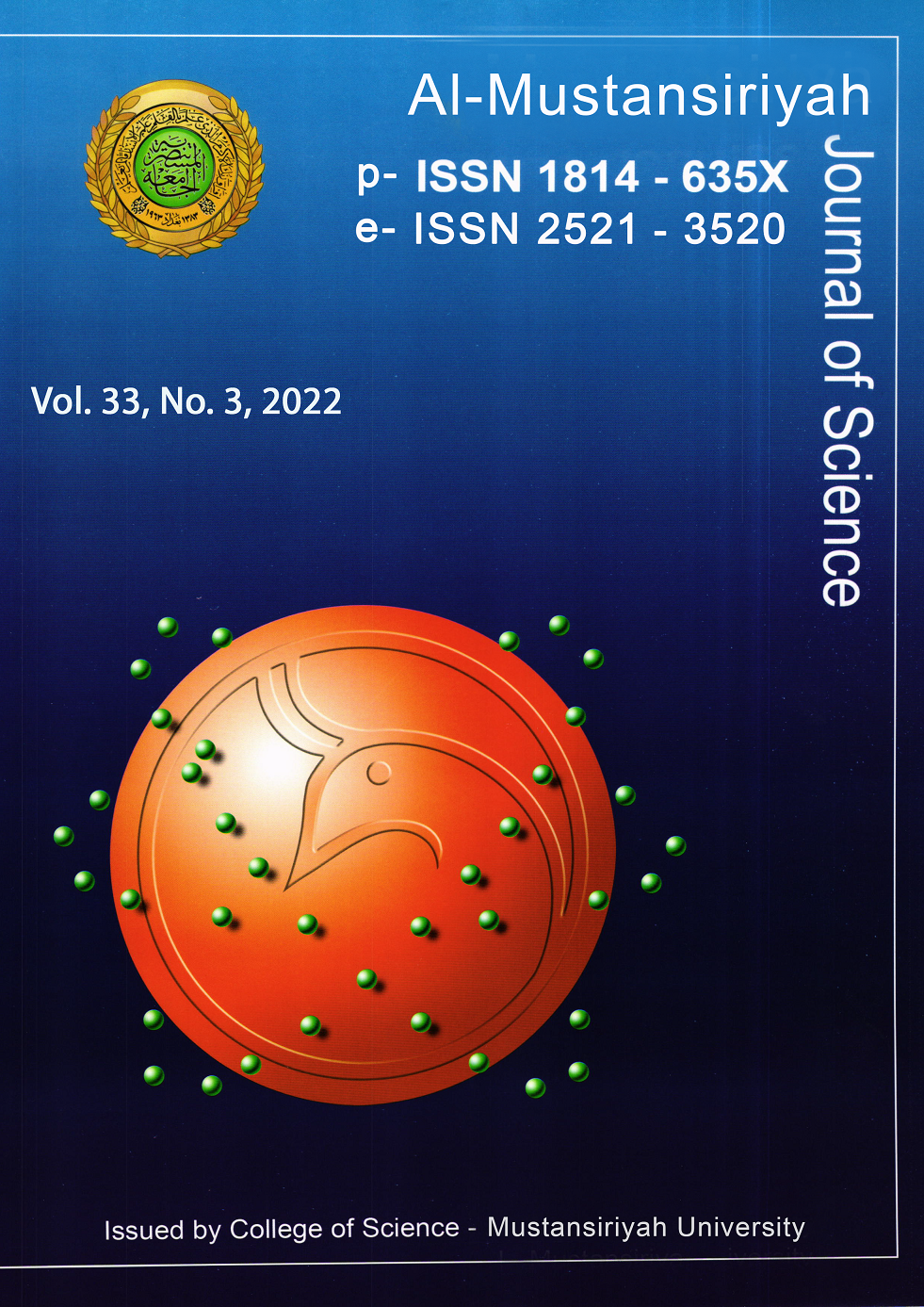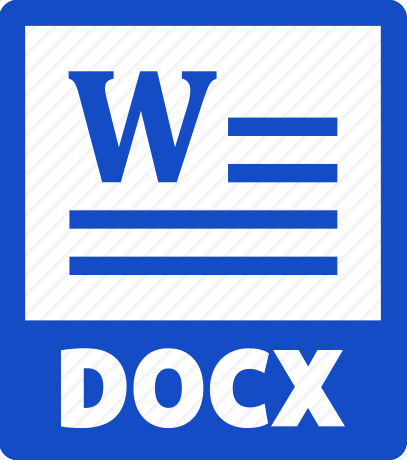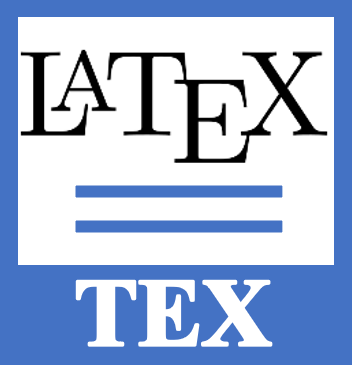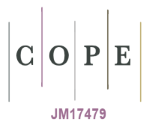Information Retrieval for Cancer Cell Detection Based on Advanced Machine Learning Techniques
DOI:
https://doi.org/10.23851/mjs.v33i3.1069Keywords:
Information; Retrieval;, Single Cell, Support Vector Machine, Machine Learning, RNA, DNAAbstract
In this research paper, we focus on designing and developing a fully automated gene regulation from cancerous cell heterogeneity using advanced machine learning techniques. There are several modern technologies developed to make DNA sequencing easier and cheaper. Among them, gene regulation produces the longest read sequences and the lengths of the reads are growing day by day. Machine learning technique like Support Vector Machine (SVM) is developed to align these gene sequences. Every technique faced some challenges, but facing the desired challenges introduce some new challenges on the other side. So, no one tool is perfect for every work. The SVM technique is a new aligner tool that does a tradeoff and performs better from different aspects. For the model with the best generator loss, an average maximum validation accuracy of 91.29% was achieved. The gene regulation with SVM is like a mini-map that takes a few times more memory to index the whole genome of a reference sequence. The single-cell data are the main target of SVM. It is shown that it would help the SVM and similar techniques to align better with long insertions and deletions of single-cell gene regulation. Single-cell data is run against the well-known reference sequence and a randomly generated synthetic reference.
Downloads
References
Duncan, J.; Insana, M.; Ayache, N. Biomedical Imaging and Analysis In the Age of Sparsity, Big Data, and Deep Learning. Proc. IEEE 2020, 108.
Bojarski, M.; Del Testa, D.; Dworakowski, D.; Firner, B.; Flepp, B.; Goyal, P.; Jackel, L.D.; Monfort, M.; Muller, U.; Zhang, J.; et al. End to end learning for self-driving cars. arXiv 2016, arXiv:1604.07316.
Huynh, B.Q.; Li, H.; Giger, M.L. Digital mammographic tumor classification using transfer learning from deep convolutional neural networks. J. Med. Imaging 2016, 3, 034501.
Spanhol, F.A.; Oliveira, L.S.; Petitjean, C.; Heutte, L. Breast cancer histopathological image classification using Convolutional Neural Networks. In Proceedings of the 2016 International Joint Conference on Neural Networks (IJCNN), Vancouver, BC, Canada, 24-29 July 2016; pp. 2560-2567.
Han, Z.; Wei, B.; Zheng, Y.; Yin, Y.; Li, K.; Li, S. Breast cancer multi-classification from histopathological images with structured deep learning model. Sci. Rep. 2017, 7, 4172.
Lévy, D.; Jain, A. Breast mass classification from mammograms using deep convolutional neural networks. arXiv 2016, arXiv:1612.00542.
Liao, Q.; Ding, Y.; Jiang, Z.L.; Wang, X.; Zhang, C.; Zhang, Q. Multi-task deep convolutional neural network for cancer diagnosis. Neurocomputing 2019, 348, 66-73.
Chapman, A. Digital Games as History: How Videogames Represent the Past and Offer Access to Historical Practice; Routledge Advances in Game Studies, Taylor & Francis: Abingdon, UK, 2016; pp. 185-185.
Chicco, D.; Jurman, G. The advantages of the Matthews correlation coefficient (MCC) over F1 score and accuracy in binary classification evaluation. BMC Genom. 2020, 21, 6.
Zhang, Y.; Gong, D.W.; Cheng, J. Multi-objective particle swarm optimization approach for cost-based feature selection in classification. IEEE/ACM Trans. Comput. Biol. Bioinform. 2015, 14, 64-75.
Annavarapu, C.S.R.; Dara, S.; Banka, H. Cancer microarray data feature selection using multi-objective binary particle swarm optimization algorithm. EXCLI J. 2016, 15, 460.
Alanni, R.; Hou, J.; Azzawi, H.; Xiang, Y. Deep gene selection method to select genes from microarray datasets for cancer classification. BMC Bioinform. 2019, 20, 608.
Zhao, Z.; Morstatter, F.; Sharma, S.; Alelyani, S.; Anand, A.; Liu, H. Advancing feature selection research. ASU Feature Sel. Repos. 2010, 1-28.
Bolón-Canedo, V.; Sánchez-Marono, N.; Alonso-Betanzos, A.; Benítez, J.M.; Herrera, F. A review of microarray datasets and applied feature selection methods. Inf. Sci. 2014, 282, 111-135.
AHMED, Saadaldeen Rashid Ahmed; SONUÇ, Emrullah. Deepfake detection using rationale-augmented convolutional neural network. Applied Nanoscience, 2021, 1-9.
MAHMOOD, Mohammed Thakir; AHMED, Saadaldeen Rashid Ahmed; AHMED, Mohammed Rashid Ahmed. Detection of vehicle with Infrared images in Road Traffic using YOLO computational mechanism. In: IOP Conference Series: Materials Science and Engineering. IOP Publishing, 2020. p. 022027.
ABDULATEEF, Salwa Khalid; AHMED, Saadaldeen Rashid Ahmed; SALMAN, Mohanad Dawood. A Novel Food Image Segmentation Based on Homogeneity Test of K-Means Clustering. In: IOP Conference Series: Materials Science and Engineering. IOP Publishing, 2020. p. 032059.
AHMED, Moahmmed Rashid, et al. An Expert System to Predict Eye Disorder Using Deep Convolutional Neural Network. Academic Platform Journal of Engineering and Science, 9.1: 47-52.
Solem, A. C., Halvorsen, M., Ramos, S. B., & Laederach, A. (2015). The potential of the riboSNitch in personalized medicine. Wiley Interdisciplinary Reviews: RNA, 6(5), 517-532.
Ni, Ying & Aghamirzaie, Delasa & Elmarakeby, Haitham & Collakova, Eva & Li, Song & Grene, Ruth & Heath, Lenwood. (2016). A Machine Learning Approach to Predict Gene Regulatory Networks in Seed Development in Arabidopsis. Frontiers in Plant Science. 7.
Kamel, Hajer & Al-Tuwaijari, Jamal. (2019). Cancer Classification Using Gaussian Naive Bayes Algorithm. 165-170.
Alagukumar, S., and R. Lawrance. "Classification of microarray gene expression data using associative classification." 2016 International Conference on Computing Technologies and Intelligent Data Engineering (ICCTIDE'16). IEEE, 2016.
Downloads
Key Dates
Published
Issue
Section
License
Copyright (c) 2022 Al-Mustansiriyah Journal of Science

This work is licensed under a Creative Commons Attribution-NonCommercial 4.0 International License.
(Starting May 5, 2024) Authors retain copyright and grant the journal right of first publication with the work simultaneously licensed under a Creative Commons Attribution (CC-BY) 4.0 License that allows others to share the work with an acknowledgement of the work’s authorship and initial publication in this journal.






















